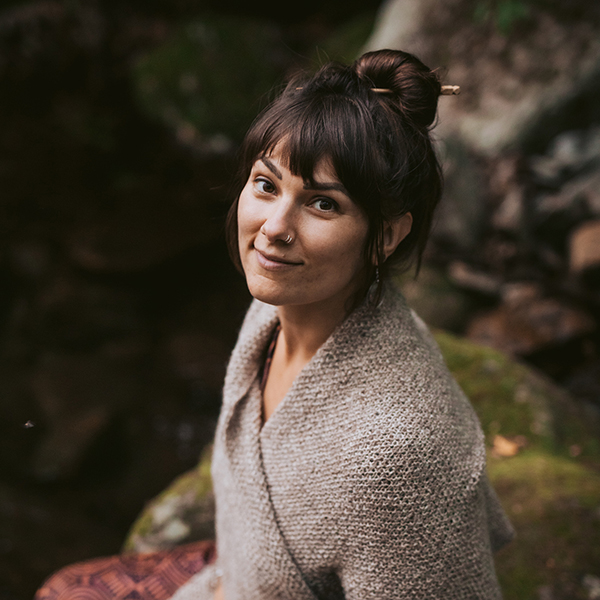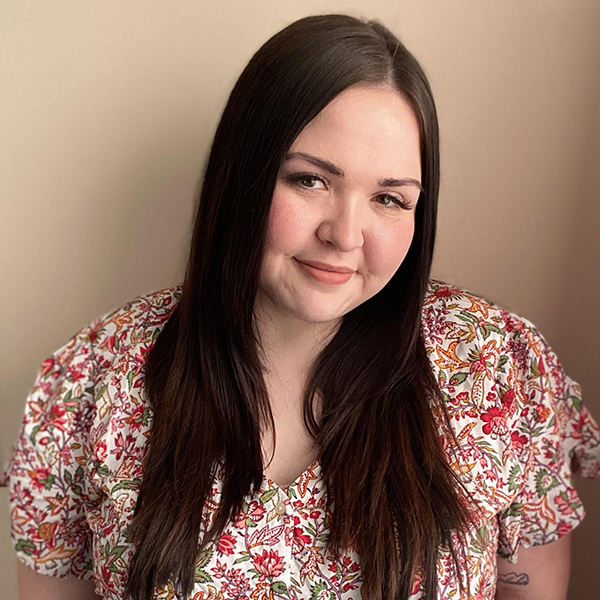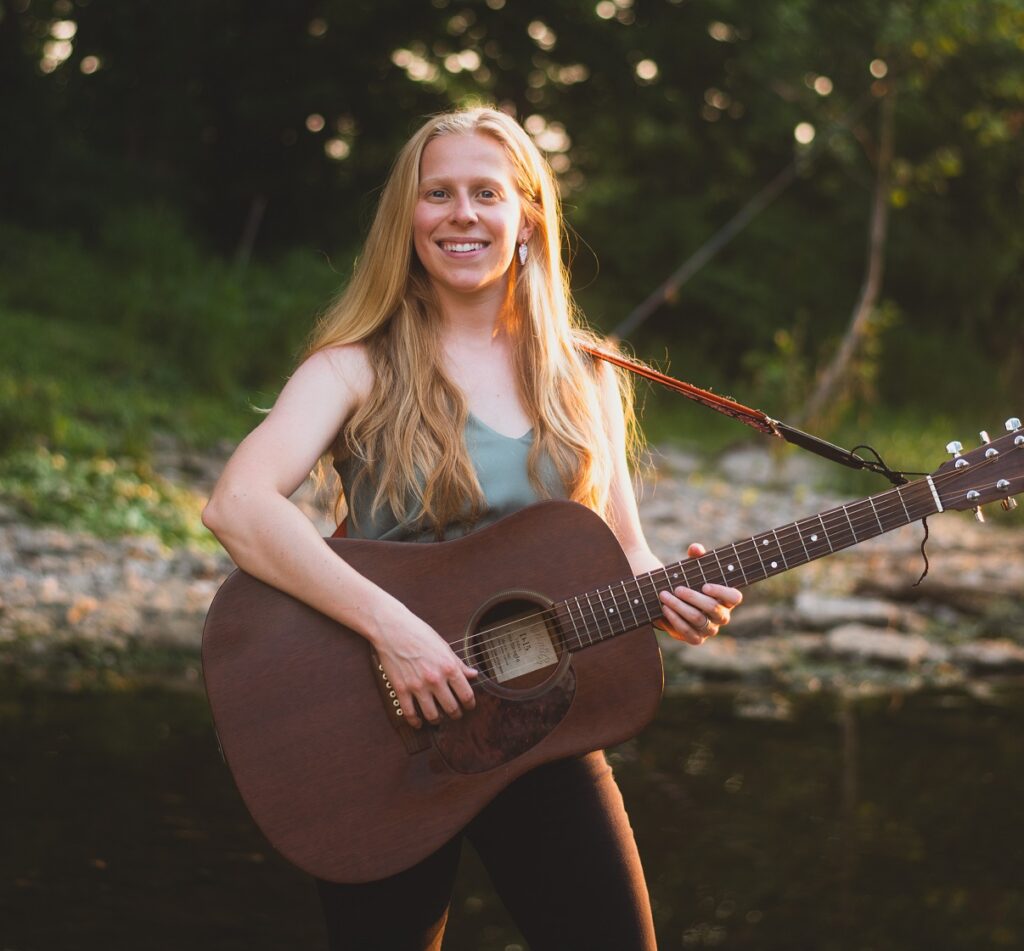Online Classes for Singing the Wheel of the Year
Singing the Wheel of the Year is a song and ritual-based exploration of Wheel of the Year to strengthen your repertoire for the pagan holidays. You can read the main class description here, and scroll below to learn about the online cohort.
structure
There is one cohort for the Nov 2023 to Oct 2024 Singing the Wheel of the Year session. For nine months out of the year, this cohort will meet twice a month– first in a singing session, and second in a ritual session. There will be three “break” months, or non-holiday months, during the year. During two of these months, the cohort will share songs in community sings, and for one of these months (August) no events will take place. View the cohort schedule.
about the monthly singing session
Our sessions will be a mix of song learning, folklore and movement! We’ll begin our singing sessions with vocal warmups to help us drop into our bodies and deepen our awareness of ourselves as beings who like to vibrate! Then, we’ll learn four to six songs using accessible, sing-and-repeat methods. Along the way, we’ll touch on historic and contemporary themes of these holidays. Our repertoire will typically include a mix of rounds, layered songs, ballads, chants, and songs with harmony. We will also take the time to thank the songs as we learn them: reflecting on how we relate to the songs and the gifts (and questions) these songs bring to us.
In many of our singing sessions, Saro will use a vocal looper and/or be accompanied live by an assistant to help teach rounds and songs with layers and harmonies. Movement (standing, walking, hand gestures) will be encouraged with some of our songs.
about the monthly ritual session
Generally, the intent of our monthly ritual will be to honor and reflect on the lessons of the particular moment in the seasonal cycle, with our songs being the backbone of our ceremony. Our rituals will be chiefly animist (focusing on the sacred forces of nature that touch all of our lives) while also drawing inspiration from English, Scottish and Celtic traditions. We will begin by establishing sacred space and calling in the beings/deities important to us, and then move through a structured journey of song, vocal play and movement. Often we will sing our songs for longer periods of time (15+ minutes) as a form of meditation, deep relaxation and release. We will finish with a decompression period in which we share thoughts and reflections on our experience of the ritual.
Got more questions? Jump to “Course Ideology” and “Course FAQ.”
In Addition to the Monthly Singing and Ritual Sessions, all students will also receive
- Recordings of 4 to 6 songs (chants, layered songs, rounds and more) for 9 months out of the year. These include the practice tracks for each song and “karaoke” tracks so that you can hear your voice alongside other parts.
- A PDF of lyrics and liner notes on each song.
- Access to a private Facebook discussion group where you can share resources and discuss your experiences in the class.
- A list of resources to help you connect further with historic pagan folk practices.
- Bonus materials, including special guest interviews with pagan practitioners, ritualists and singers.
about learning over zoom
Learning songs over Zoom comes with its own rewards and challenges. As a participant learning songs in the live sessions, you’ll be muted while learning the songs. This means you will be able to hear yourself, Saro, and the singing assistant— but you will not be able to hear other attendees singing, nor will they hear you (if we were all unmuted, the audio lag time would create a chaotic sound experience!). However, during class sessions we will often spend time unmuting and talking to each other, listening to each other sing, and finding creative ways to join our voices. If this is new for you, check out this sample to hear what it sounds like learning with a looper over Zoom- this is what you’ll get to sing along to!

Our Singing Assistant: Jess Kaufman
Jessica Kaufman (she/her) was raised by jazz musicians and grew up singing harmonies with her parents and siblings. In college, she joined the Village Harmony family from central Vermont and has been learning and teaching polyphonic traditional singing styles from around the world since the early 2000s. She also loves shape note music, musical theatre, Southern Appalachian & early country duets and trios, and collecting rounds.
Our Tech Assistant: Olivia D’Amato
Olivia (she/they) is an Appalachian musician from Big Stone Gap, Virginia. They fell in love with singing through old-time religious music in the pentecostal tradition as a child. This passion grew and expanded when she studied music as a young adult, ultimately connecting her to her practice within paganism. Olivia loves all animals, long walks outside, and making music in community spaces.
schedule
The Online Cohort meets Mondays from 7-9pm EDT for both singing and ritual sessions.
All singing sessions and ritual sessions will be recorded and made available for students.
online cohort: schedule
2023
Monday, November 6th, 7-8:30pm EDT: Orientation
Mon, November 13th, 7-9pm EDT: Songs of Sacred Space and Invocation singing session
Mon, November 20th, 7-9pm EDT: Songs of Sacred Space and Invocation ritual session
Mon, December 11th, 7-9pm EDT: Winter Solstice/Yule singing session
Mon, December 18th, 7-9pm EDT: Winter Solstice/Yule ritual session
2024
Mon, January 22nd, 7-9pm EDT: Imbolc singing session
Mon, January 29th, 7-9pm EDT: Imbolc ritual session
Mon, February 12th, 7-9pm EDT: Community Sing
Mon, March 11th, 7-9pm EDT: Spring Equinox/Ostara singing session
Mon, March 18th, 7-9pm EDT: Spring Equinox/Ostara ritual session
Mon, April 15th, 7-9pm EDT: Beltaine singing session
Mon, April 29th, 7-9pm EDT: Beltaine ritual session
Mon, May 20th, 7-9pm: Community Sing
Mon, June 10th, 7-9pm EDT: Midsummer singing session
Mon, June 17th, 7-9pm EDT: Midsummer ritual session
Mon, July 22nd, 7-9pm EDT: Lughnasadh singing session
Mon, July 29th, 7-9pm EDT: Lughnasadh ritual session
August: No events
Mon, September 16th, 7-9pm EDT: Fall Equinox/Mabon singing session
Mon, September 23rd, 7-9pm EDT: Fall Equinox/Mabon ritual session
Mon, October 21st, 7-9pm EDT: Samhain singing session
Mon, October 28th, 7-9pm EDT: Samhain singing session
Cost and Payment Plans
Payment for Singing the Wheel of the year uses a sliding scale model, and is prorated based on when you join the course during the year. Please email Saro at sarosingssongs@gmail.com to inquire about pricing and registration.
scholarships & work trade
There are a limited number of scholarship and work trade options for this course.
Learn more about Scholarship and Work Trade Options here.
Attendees and well-wishers also have an opportunity to contribute in order to make more scholarships available. Click here to make a contribution and help fund someone’s attendance of Singing the Wheel of the Year!
“Saro’s course [Badass Women in Folk Song] reintroduced the power of singing with people again to my life. I have used songs Saro taught me for times of deep community healing and connection, in both informal and performance contexts. I will be growing from the one course I took with Saro for a long time to come. If you’re reading this and you feel even slightly called to sign up for one of Saro’s classes/workshops, totally do it!”
–Jeri Katherine Howell
Course ideology
We each have our own pagan path. Read more to see if this class aligns with your practice!
In this course…
We believe in reverence for the natural world
This course is animistic, that is, we understand the world and its many aspects as alive and worthy of reverence and respect.
We honor and recognize the layered legacy of each song, and take time to thank the creators and carriers of the song, as well as the song itself, after singing it.
In the spirit of animacy, we recognize songs as living beings and we also celebrate the peoples and cultures that brought these songs into the world.
This is a space to celebrate polytheism and queer identity.
Ancient European pagans recognized a large number of deities who expressed themselves in a variety of ways. Goddesses, gods, non-gendered, many gendered and queer identities and deities are all honored in this class.
Ancestral practices and experiences deserve to be seen in all of their nuance and complexity.
Most people have complex lineages, with ancestral practices worth repeating and others worth discarding. For those of us whose ancestral practices connect to European paganism, we can look with a discerning eye at ancient practices and choose to accept, reject and adapt practices as they seem right to us. No practice need be repeated for the sake of itself.
Connecting to European ancestral folkways can help to foster a sense of place and belonging, and encourage racial equity.
Connecting to European ancestral folkways can help to heal the wounds caused by white supremacy culture that have purposefully shut out a sense of belonging to culture and place. Connecting to these practices with care can also help any of us learn to approach all cultures with more appreciation and less appropriation.
Connecting to European pagan practice should happen with an awareness of and respect for Native presence and lifeways.
Many of us will be participating in the class in the unceded and/or occupied territories of Native peoples and we will have a few practices in the course to help us become aware of how to begin engaging in reciprocity with the peoples on whose lands we occupy. We will practice land acknowledgements and be supplied with resources on topics concerning cultural appreciation and sharing.
What this course is not:
A course on Celtic culture or pagan European history.
This class is not meant to provide a thorough overview of European or Celtic folk traditions. As we learn our songs, Saro will introduce many of the themes and traditions associated with the holidays in England, Ireland and Scotland, but overall our focus is on learning songs that connect with the multi-faceted spirit of these holidays. You will be supplied with resources to do further research on holiday traditions!
A secular experience.
You do not need to worship or even believe in the existence of any deities to attend this class, but you do need to attend with respect to other people’s experiences, and be aware that we will be singing to or of deities and animist forces during the course. Some students will understand various deities to exist in very real and concrete ways, while others might view these deities as useful concepts. Regardless, all of these beings will be spoken of with respect, gratitude and adoration. These deities will include the Irish deities Brigit and Lugh, amongst others.
A mystery school, coven or particular pagan discipline.
This class does not follow a specific pagan faith path or discipline such as Wicca, Heathenry, or Asatru. Instead, this class is broadly animist while honoring the celebrations of the holidays as they’ve appeared in several traditions and in neopagan contexts.
FAQ
How many songs will we learn for each holiday?
The number of songs will vary, especially based on complexity. But generally we will be learning 4 to 6 songs per session.
What if I think I don’t have a nice voice or that I “can’t sing?”
All of us are meant to sing, and all voices are welcome in this class! In this class, singing is first and foremost about community and expression of the divine, not how we sound or perceive that we sound. However, this is not a class on vocal instruction (though we will be doing a lot of exploratory sound making) so it may feel helpful for online students especially to feel confident carrying a tune or singing without instrumental backup.
Will we receive sheet music or chords for the songs?
In this course we will be learning songs using sing-and-repeat and lyric sheets. We will not be engaging with sheet music or chords.
Will we be learning songs in Gaelic?
Currently there are no plans to learn songs in Irish or Scots Gaelic. However, many of our songs will be English-language songs from Scotland and England, use traditional melodies, or be inspired by Celtic traditions.
Is this course affirming of nonbinary, gender expansive and other trans identities?
Yes. This course is designed to be inclusive for nonbinary, gender expansive and trans attendees. Some neopagan traditions emphasize the binary of the god and the goddess. In this class, we’ll acknowledge these beliefs, but we will generally be approaching paganism through a polytheistic lens, where there is room for all deities and an awareness that many European deities switched gender and expressed in a variety of ways.
What is a community sing?
A community sing is a song-sharing gathering in which anyone can teach a song or simply solo sing a song for the enjoyment of others. There will be opportunities for a few community sings during this course. See details for the in-person classes or online classes. For each community sing, we will have a suggested theme or themes inspired by the season and historical traditions (e.g. moon and sun, protection and boundary keeping etc.) to inspire singers to bring songs they know. It’s also fine to simply enjoy learning songs at a sing, and not share or sing any of your own! Our online and in-person community sings will work in relatively the same ways, with folks taking turns sharing songs while others learn and listen (online participants, unless teaching, will need to be muted).
What COVID precautions will be taken for the in-person cohorts?
For those attending the in-person sessions, participants experiencing symptoms of Covid-19 are asked to exempt themselves. Covid levels will be monitored throughout the year, and in cases of high rates, participants may be asked to take rapid tests and provide proof of negative results before attending in-person sessions. There are no requirements for vaccinations or boosters.
If I want to be an online attendee, can I swap between the Monday and Tuesday singing sessions if I’m not available for all the scheduled sessions for the cohort I signed up for?
You will be asked to stick with the singing session you have committed to in order to maintain intimacy and cohesion within our year-long cohorts. All singing and ritual sessions will be recorded, so you will have access to review any material that you miss in the live session.
I live in the Southern Hemisphere. Will it make sense for me to take this class if I’m following a different seasonal cycle?
In this class, we will be following the seasonal cycles as they occur in the Northern Hemisphere. Our musical content, discussions and ritual will be influenced by this fact. However, taking the class can still be a way to learn songs for your practice or community, though you will likely want to use the songs on the other side of the year!
I’m a solo practitioner and don’t plan to sing with others. Many of the songs in your class are meant to be sung as rounds or layers. Will there be songs I can sing as an individual?
Yes. While many of the songs are intended for group singing, for each holiday there will be songs, chants and/or ballads that can be sung solo. You can also choose to treat lines from the layered songs as their own chants for your personal practice.
I want to attend online. What if I can’t commit to all of the live online sessions?
All of the online singing and ritual sessions will be recorded and made available to students for perpetuity! You can use these recordings to learn the songs or engage with ritual at your own pace. You will also still be able to comment and hear other participants’ thoughts in the private facebook group. A subscription option, in which you can get access to the song materials but not attend any live sessions, is also available. Learn more here about the subscription option.
How much time will this course take up on a monthly basis?
The classes and singing sessions will take about 4 hours a month, and another hour or so of time may be required to read email prompts leading up to the ritual, or to participate in suggested seasonal activities shared via email. Online attendees will also be encouraged to gather simple materials ahead of time for rituals (a snack, a candle etc.), which may take extra time. In addition, if you choose to spend more time practicing the songs and integrating them into your body, you may spend more time on the class per month.
What if I get overwhelmed or have trouble completing the course when it’s active?
All song recordings and lyrics will be available to students forever. You can learn at your own pace and review material whenever you want. For online students, all virtual sessions will be recorded and can be reviewed at your leisure. In-person classes will not be recorded, and recordings of virtual cohort sessions will not be made available to in-person students for privacy purposes.
Do you have more questions or want to register?
Email Saro at sarosingssongs@gmail.com


